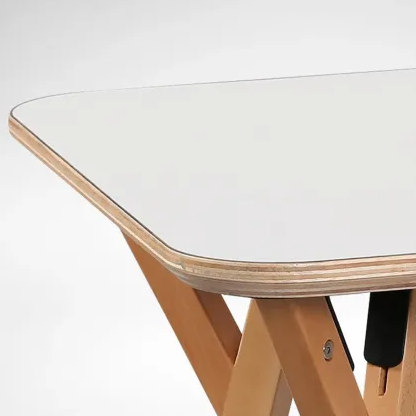How to build plywood shelves?
To construct plywood shelves, start by gathering the necessary materials and tools, such as plywood sheets, saws, screws, and a level. Begin by measuring and cutting the plywood to the desired shelf dimensions. Assemble the pieces using appropriate joinery methods, secure them with screws, and finish by sanding the surfaces for a polished look. This straightforward process forms the foundation for creating functional and aesthetically pleasing plywood shelves.
The origins of building plywood shelves lie in the need for a cost-effective and customizable storage solution. Plywood, known for its versatility and affordability, offers an ideal material for constructing shelves tailored to specific dimensions and design preferences. This DIY approach empowers individuals to create storage solutions that perfectly suit their space and organizational requirements.
The construction process involves careful measurement and precision cutting of the plywood sheets. This step ensures that the shelves fit seamlessly into the intended space and align with the overall aesthetic vision. Employing saws and other cutting tools with accuracy is crucial for achieving clean edges and a professional finish.
Joinery methods play a crucial role in the structural integrity of the plywood shelves. Depending on the desired look and level of complexity, individuals can choose from options such as dado joints, rabbet joints, or simple butt joints. The choice of joinery contributes not only to the shelves' stability but also to their visual appeal, adding a layer of craftsmanship to the final product.
Securing the plywood pieces together with screws provides additional stability and ensures that the shelves can withstand the weight of items placed on them. Proper spacing and alignment during assembly contribute to the overall strength and durability of the finished shelves.
The significance of building plywood shelves extends beyond the immediate satisfaction of creating a functional storage solution. This DIY project allows individuals to express their creativity, tailoring the shelves to match their interior design preferences. Moreover, the cost-effectiveness of plywood makes this option accessible to a broad audience, promoting a sense of self-sufficiency and accomplishment.
The impact of constructing plywood shelves is not confined to the individual level. Embracing DIY projects fosters a culture of resourcefulness and sustainability. By repurposing plywood and actively participating in the creation of everyday items, individuals contribute to reducing waste and minimizing their environmental footprint.
In conclusion, the process of building plywood shelves involves a series of steps, from material selection to precise construction techniques. This DIY endeavor not only fulfills practical storage needs but also allows for creative expression and contributes to a culture of sustainability. As individuals engage in the construction of plywood shelves, they simultaneously enhance their living spaces and promote a sense of empowerment and environmental responsibility.


